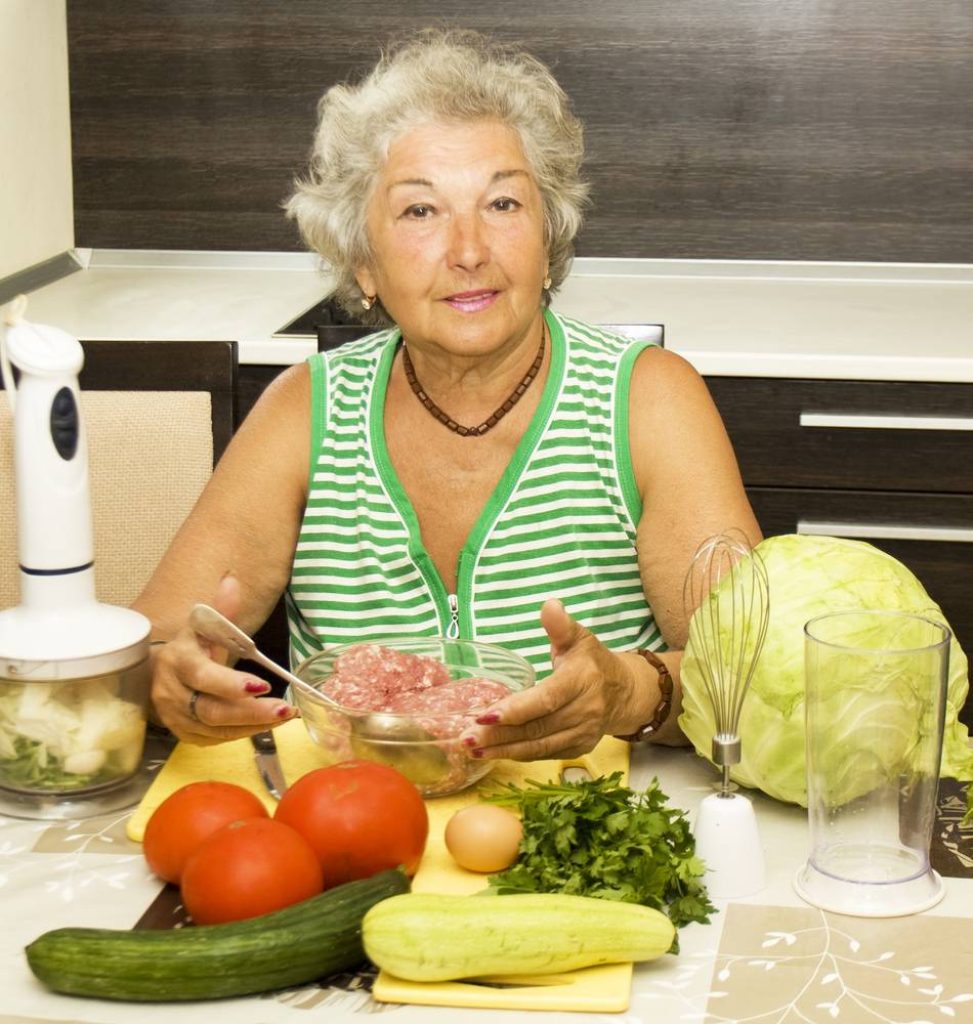
Best Foods To Help Reduce Symptoms of Parkinson’s Disease
Parkinson’s Disease (PD) is a serious, progressive disease that damages and kills dopamine cells, which are responsible for coordinating movement. It shares some common symptoms with other conditions, no two Parkinson’s individuals have exactly the same symptoms, and the severity varies from person to person, making it a complex disease.
Related Topics (Sponsored Ads):
Around 60,000 people worldwide are diagnosed with PD each year. Because while there is still no cure, there are medications available to help manage and reduce symptoms, such as Levodopa (Sinemet) and bromocriptine (Parlodel). These drugs work by providing the body with much needed dopamine. However, these treatments often have awful side effects, which has led many PD patients and researchers to turn to healthful and safe foods that naturally contain or help create dopamine levels and other vital properties.
Apart from muscle spasms and speech impairment, those with PD are also susceptible to getting stiff and sore muscles, dementia, depression, confusion, constipation, hallucinations, pain, sleep problems and many other conditions as time goes on. Thus, eating foods rich with antioxidants, magnesium, omega 3 fatty acids, fiber and essential nutrients is very important for PD individuals.
The following foods have been found to be the best in reducing PD symptoms.

Antioxidant - Rich Nuts, Berries And Vegetables
Antioxidants protect against oxidative stress, which is an imbalance of antioxidants and unstable compounds called free radicals. This imbalance often occurs in Parkinson’s disease. The following foods contain large amounts of antioxidants:
● Nuts: walnuts, Brazil nuts, pecans, and pistachios
● Berries: blueberries, blackberries, goji berries, cranberries, and elderberries
● Nightshade vegetables: tomatoes, peppers, and eggplant
● Leafy green vegetables: spinach and kale
Eating as much of these plant-based foods as possible everyday will provide the highest antioxidant intake. Researchers are also exploring an antioxidant treatment for Parkinson’s, though studies as of yet remain inconclusive.
Omega 3 Fatty Acids
Omega-3 fatty acids are essential healthy fats that help improve brain function in those with Parkinson’s and many other health conditions. These fats are found in various fish, seafood and non – fish foods, including:
● salmon
● halibut
● oysters
● soy beans
● flaxseed
● kidney beans
Also, some promising research suggests that the tried and true Mediterranean diet, which is typically very high in antioxidants and omega-3s, helps PD patients reduce their risk of dementia as well.
Fiber - Rich Foods
Dietary fiber is also immensely important for those with PD, as they often suffer from constipation due to the stress and affects that PD has on the body’s systems. Dietary fiber helps the bowels to keep moving things along smoothly. You can get this vital fiber from foods like whole wheat grains, nuts, brown rice, apples, leafy greens, cucumbers and peppers.
Additionally, drinking mild green tea or mint tea can help soothe stomach pains, provide previously mentioned antioxidants and stimulate the bowels. Coffee however, is not recommended, as it is a strong stimulant that can exacerbate shaking and tremors.
Foods Packed With Important Vitamins And Minerals
Malnutrition is another common problem amongst those with Parkinsons, as it can make it difficult to eat properly. Malnutrition is a major risk factor for mental decline and a number of health problems. These are some major nutrients that many people with Parkinson’s are often deficient in and should consume more of, along with some of the best foods that contain the highest amounts of these nutrients:
● Iron: fresh spinach, beef, eggs and tofu.
● Vitamin B1: pork, beans, lentils, and peas
● Zinc: whole grains, lean red meat, oysters, and lean chicken
● Vitamin D: salmon, tuna fish, fortified dairy products, and cod liver oil
● Calcium: dairy products, green leafy veggies, and fortified soy products.
Various Foods That Are Easier To Consume
Because PD causes a loss of control of bodily motor function, chewing and swallowing can become very difficult. Thus, foods that don’t require chewing and are easier to swallow are quite helpful for those suffering from PD. Some relatively healthy and easy to eat options you can try include: Unsweetened applesauce and strawberry jams, cream cheese or cottage cheese, soups, avocado or tahini dips, unsweetened fruit or vegetable smoothies and soft, well cooked sweet potatoes.
Increase Your Sodium Intake
Although it’s not a food per say, a diet with added sodium can also be beneficial for people with PD. Why is this so? Many people with Parkinson’s have a condition called orthostatic hypotension, which is a drop in blood pressure that occurs when you get up from sitting or lying down. The heart and blood vessels don’t respond as quickly as they should, causing you to get light headed or pass out, which can potentially lead to injuries.
Eating more salt with your meals can help with orthostatic hypotension, just don’t fill your plate with heavily processed fast foods like French fries. Instead, add a pinch or two of salt to nutrient-rich foods like vegetables and whole grains. However, if you don’t have orthostatic hypotension, it’s highly recommended to limit sodium intake to no more than 2,300 milligrams per day.




